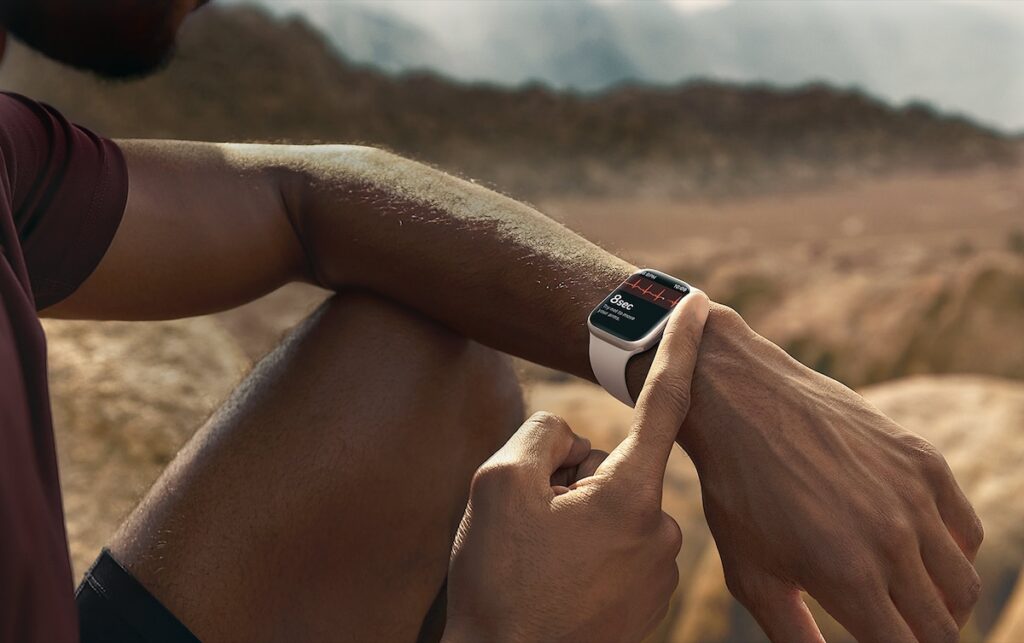Wearable data is hitting a dead end.
In the dark. The US healthcare system leaves patients in the dark.
- 60% manage a chronic condition.
- 44% own a wearable health-tracking device.
- 80+% are willing to share device data with a doctor to enhance their treatment.
Yet, despite improved accuracy, wearable data rarely reaches frontline medicine. Worse, ~20% of prescribed labwork isn’t completed.
The latest: Health data interoperability platforms want to bridge the gap.
Today, Junction (fka Vital) raised $18M to integrate wearable metrics and lab services with a single API. Already syncing 2M consumer devices, it expects to track 1M lab tests and expand healthcare partnerships this year.
Meanwhile, Empirical Labs launched Health Radar, a dashboard aggregating Apple Watch, WearOS devices, and bloodwork to produce a single quantified health score.
Mainstream med. As mass syncs become reality, tech makers are donning white coats, with Apple updating its vision, Google piloting personal health agents, Garmin doubling down on RPM, and Oura entering primary care via Lumeris.
But a flood of health data demands simpler tools and sharper context to win over doctors and everyday users.
Punchline: Wellness isn’t healthcare, but data is data. Removing barriers between collection and action could transform outcomes for all.






